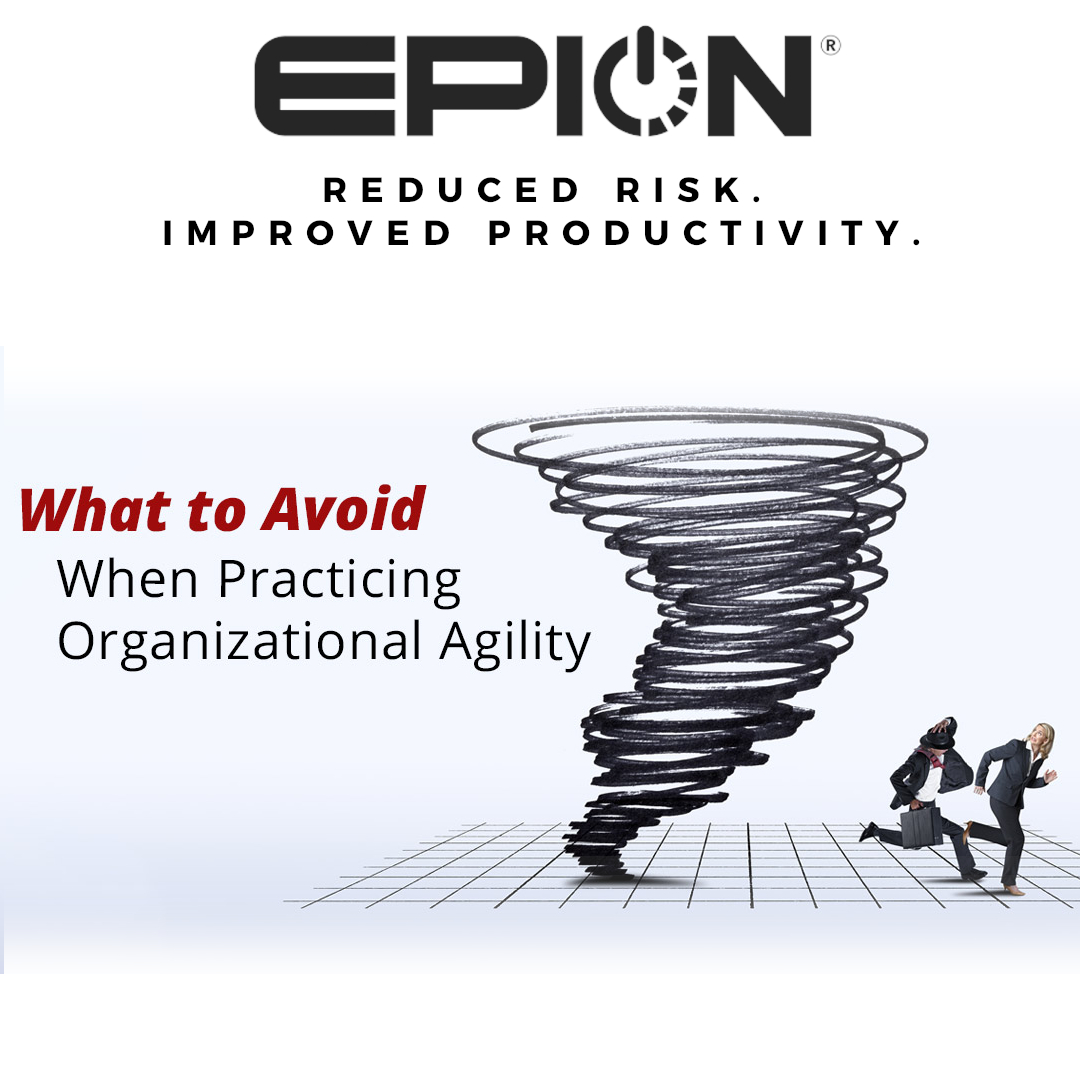What to Say ‘No’ and ‘Yes’ to When Practicing Trust-Building in Your Business

What to Say ‘No’ and ‘Yes’ to When Practicing Trust-Building in Your Business
The world has become a less trusting place. A recent study by the Edelman Trust Barometer found that trust in business, media, government and NGOs has reached an all-time low. The study also revealed that trust levels are divided along generational lines, with millennials displaying the lowest levels of trust.
This can have far-reaching consequences, including decreased investment, creativity and job creation. Shockingly, this trend was consistent across different countries and cultures. As a business, you must do everything possible to counteract this tide. Building trust throughout your organization can improve job satisfaction, employee and customer retention, innovation and your bottom line.
While trust-building may appear simple, you must be aware of a few things before your business embarks on a trust-building journey.

Say ‘no’ to these when it comes to trust-building
When building trust with customers and other crucial stakeholders, some businesses unknowingly do things that damage trust. Here are some of the most common mistakes:
Preventing disagreement
A company is, at its core, a group of people attempting to accomplish a common goal, and proper communication is essential for that. You must understand that disagreement is a normal part of open conversations.
Honest and constructive discussions cannot occur if individuals are not willing to disagree with one another. Therefore, make a psychologically secure space for people to discuss the drawbacks of a proposal. While it may cause tension, it is far healthier in the long run.
Breach of promises
Being true to your word plays a critical role in the workplace, from motivating employees and building trust to facilitating better communication. Therefore, breaking promises to employees can have long-term, harmful consequences. When trust is broken, it becomes difficult for employees to feel secure in their roles and put forth their best effort.
Employees who don't trust their employer are more likely to be uninterested in their work and often start hunting for other jobs. Remember, promising employees state-of-the-art technology and then providing them with shoddy technology is unwise and can cause employee frustration or attrition.
Micromanagement
Rules and regulations in the workplace often exist for a reason – to ensure that employees are productive and safe and your customers get the high-quality service you promise them. However, when these rules become too restrictive and prevent employees from being innovative or taking risks, they can have the opposite effect.
For a company to be successful, it’s better to share the end goal and trust workers to use their skillsets, logic and experience.
Improper communication
No matter what is going on with your business, whether it’s good or bad, sharing it with employees builds trust. Employees need to be able to trust their employer for a healthy and productive workplace to exist. Businesses that keep information hidden from their employees are often seen as untrustworthy and secretive.
Instead of holding onto information, share it with your team. They’ll appreciate your transparency and will be more likely to trust you.
Assuming trust in a scattered workforce
The modern workplace is evolving. With a more distributed workforce and the growth of hybrid work, people are more scattered than ever before. While this can be a great thing for productivity and creativity, it can also lead to a lack of trust if not managed well.
It takes time to build a trusting relationship. Therefore, a proactive business must be ready to set aside the time or effort needed for trust-building.
Say ‘yes’ to the seven elements of trust
Trust is essential in any relationship. Employees and customers need to be able to trust that an organization is competent and dependable. Organizations need to be able to trust their employees and stakeholders to act with integrity and empathy.
According to Forrester Research, there are seven levers you can use to build trust: accountability, consistency, competence, dependability, empathy, integrity and transparency. While each organization may place different values on these attributes, they are all essential.
Deciphering each of the attributes and putting them into practice may require time, effort and skillsets that you may not be able to devote. Consider collaborating with a managed IT service provider (MSP) like us who can take care of such matters while you concentrate on your business.
To deep dive into the concept, download our eBook titled “Trust Matters: SMBs Can Prosper by Prioritizing Trust-Building.” Get it here.
Related Post

Protecting Your Company Credit Cards

Why Passwords are Your Business’s Weakest Point

Top Misconceptions About Digital Transformation




